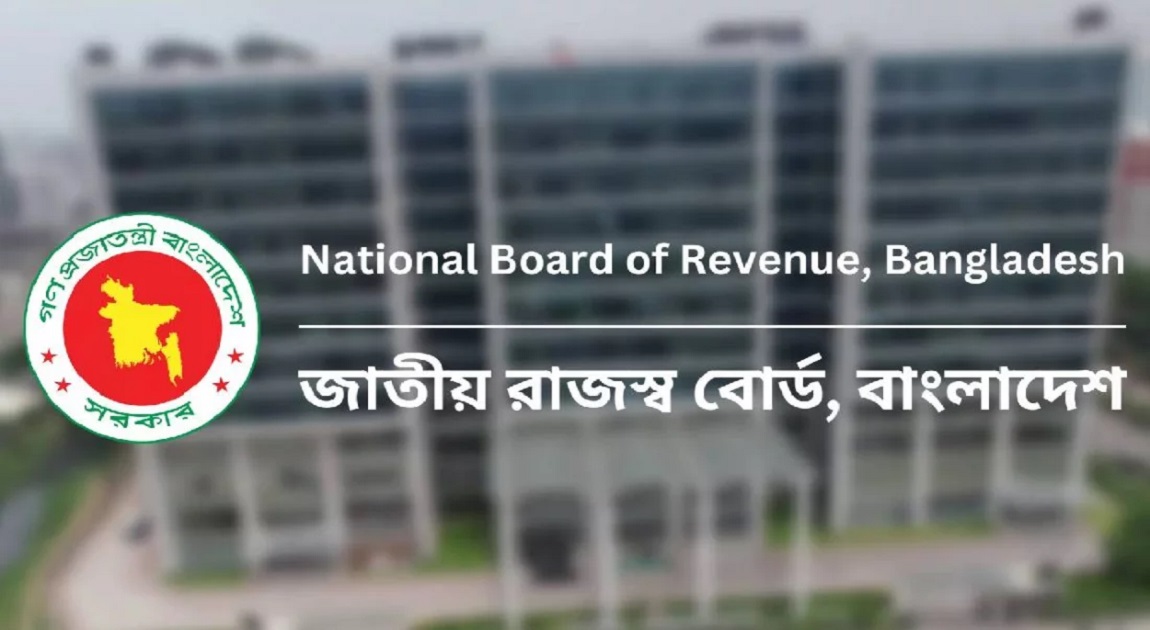Filing a “zero return” — submitting an income tax return showing zero income, expenditure, assets, or liabilities — is a punishable offence under Bangladeshi law, the National Board of Revenue (NBR) has warned.
In a press release on Sunday, the NBR stated that personal taxpayers must submit their annual returns between July 1 and November 30, declaring their actual income, expenses, assets, and liabilities for the year.
Providing false or incomplete information, including showing any of these categories as zero without basis, is illegal and considered a criminal offence under Sections 312 and 313 of the current Income Tax Act, which carry penalties of up to five years’ imprisonment.
The NBR noted that misleading social media posts have been promoting the idea that taxpayers can fill all fields in the return form with “zero” and submit it as valid. Acting on such misinformation, some taxpayers have been submitting false declarations.
According to the NBR, there is no provision in the law for filing a “zero return.” Every taxpayer is legally and civically obliged to declare accurate figures for their income, expenditure, assets, and liabilities. If a taxpayer’s actual income is below the taxable threshold, no tax is payable — but they must still provide truthful data in their return.
Last fiscal year, about 1.7 million taxpayers filed returns online, of which around 70% paid no tax despite filing. Bangladesh currently has 11.2 million Taxpayer Identification Number (TIN) holders, but only about 4 million file returns annually. From the current fiscal year, all taxpayers must submit returns online.
The NBR urged taxpayers to avoid fraudulent “zero return” practices, warning that such actions could result in imprisonment and fines, and called on them to be responsible citizens contributing to national development.














-20260226080139.webp)





-20260225072312.webp)








-20260219054530.webp)
-20260224075258.webp)





-20260221022827.webp)